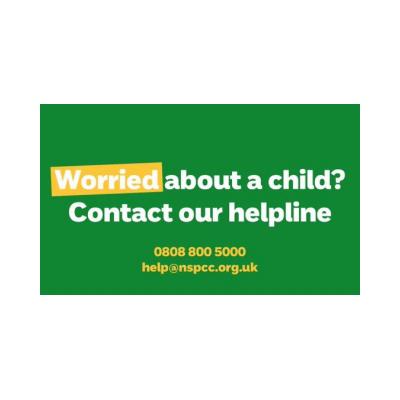NSPCC calls for support to ensure ‘All Babies Count’
The NSPCC in Northern Ireland has launched its ‘All Babies Count’ campaign to highlight the vulnerability of babies and to call for better and earlier support for new parents.
The NSPCC in Northern Ireland has launched its ‘All Babies Count’ campaign to highlight the vulnerability of babies and to call for better and earlier support for new parents.
With close to one in ten children on the child protection register in Northern Ireland under the age of one[1] and six babies in the last five years having been victims of homicide[2], the campaign aims to highlight the need to protect the most vulnerable children and ensure every child gets the best start in life.
NSPCC’s Northern Ireland head of service, Neil Anderson said:
“It is a concern that the most vulnerable and helpless members of our society are often at risk because of a lack of support Evidence shows that intervening early is the best approach, and can reduce the future risk of abuse or neglect. It also makes sound economic sense. Investing in preventing harm is a more effective way of spending money than trying to pick up the pieces of children’s broken lives in the years after abuse has happened. We hope that the Executive’s Programme for Government (PfG) will recognise the importance of investing in early intervention and support.”
It is estimated that in Northern Ireland:
- 1 in 5 babies in NI are living in families were one or either parent/caretaker is at high risk of depression or serious anxiety;
- 1 in 100 mothers and 1 in 20 fathers of babies under one report hazardous levels of alcohol consumption;
- 1 in 60 mothers in NI report that their current partner has as some point used force against them;
- Mothers who were at risk of depression/anxiety were three times as likely to report the use of force by their partner and 1.5 times more likely to consume hazardous levels of alcohol.[3]
Parents want to do the best for their children but some need more support than others. Parents who struggle with mental health problems, or domestic violence, or who have difficulties with drink or drugs, can find it more difficult to give their babies the love, care and attention that’s needed. Whilst not all babies in these families are harmed, evidence shows that they are at a greater risk of abuse and neglect. Over half the calls to the NSPCC’s Helpline involve concerns about children in families with these problems.
Support for babies living in these homes needs to be early and effective. Research shows that when abuse or neglect occurs, babies’ development can suffer. The impact of a lack of healthy interaction with parents and other carers in the first year of life can be particularly acute and can cause long-term damage to physical and mental health.
That’s why the NSPCC in Northern Ireland is calling on the Executive to join it in making ‘All Babies Count’ and ensure vital services are there when families need them. The call to action includes:
1. Provide adequate resources
To ensure adequate funding continues to be put into early intervention and frontline services working with babies, including both universal health visiting services and more targeted evidence-based programmes such as the Family Nurse Partnership.
2. Raise awareness and skills
Develop, through the Department of Health, Social Services and Public Safety (DHSSPS) and Public Health Agency (PHA), a strategy which tackles the vulnerability of young babies and helps parents cope with the pressures and responsibilities of new parenthood. This should include access to training and continuous professional development for those working with vulnerable families during pregnancy and infancy, such as GPs and health visitors.
3. Review early intervention and prevention programmes
Identify where there are gaps in current service provision and measure the effectiveness of any current programmes.
Neil Anderson added:
“We’re calling on the Executive to join us in focussing attention, resources and expertise to demonstrate that All Babies Count. They have talked tough on early intervention, but it’s now time to act.”
Alongside the call on the Executive, the NSPCC is launching new programmes to identify the best ways to protect babies and support parents. The NSPCC will work alongside partners in health and social services to deliver these programmes. InNorthern Irelandthis will include an innovative hospital based parent education programme designed to lower the incidence of non-accidental head injuries in babies.
[1] DHSSPS (2011) Children Order Statistics at 31st June 2011.
[2] Data provided by PSNI Statistics Branch
[3] Statistics generated from analysis of the Millenium Cohort Study, Wave 1 - weighted by country.

